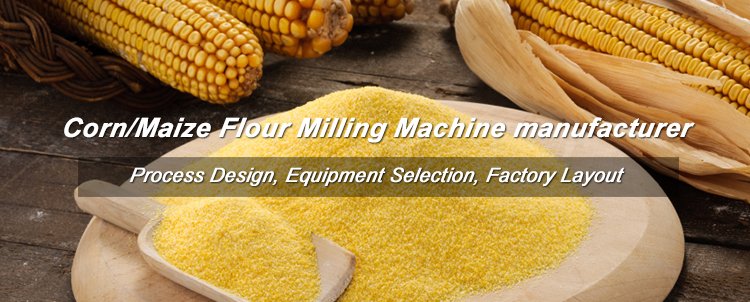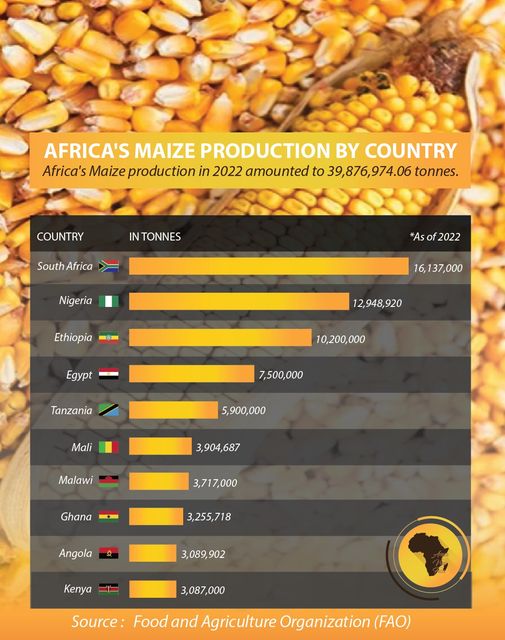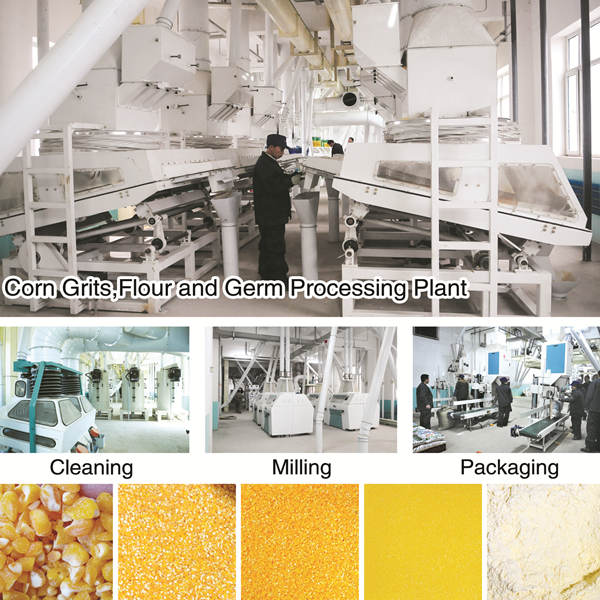-
+86-371-86159555
The potential for the maize milling machines business in Africa is significant, driven by the continent's reliance on maize as a staple food, the growth of the agricultural sector, and the increasing need for processed foods. Below are several aspects that contribute to the business potential of maize milling machines in Africa:
1. Essential Product for Food Processing: Maize is a key crop in African diets, and its processing into flour and other products is a fundamental part of the food chain. Milling machines are essential for this transformation, making them a critical product for the food processing industry.

2. Urbanization and changing lifestyles: As urbanization continues, there is a growing demand for convenience foods, including processed maize products. This trend increases the need for efficient and high-capacity milling machines.
3. Value Addition: Milling adds value to raw maize, which can lead to increased profits for farmers and processors. The demand for value-added products is rising, creating a market for milling machines that can help businesses capitalize on this opportunity.
4. Government Support: Many African governments are supportive of agricultural development and are implementing policies that encourage the adoption of modern farming and processing equipment.
5. Technology Transfer and Upgrading: There is a need to upgrade existing milling facilities to meet growing demands. The introduction of modern, energy-efficient, and technologically advanced milling machines is seen as a way to improve productivity and product quality.
6. Market for Spare Parts and Maintenance: The sale of maize milling machines is complemented by the need for spare parts and regular maintenance services, creating additional business opportunities.
7. Export Potential: Some African countries are becoming significant exporters of maize and its products. Efficient milling machines can help in meeting international quality standards and increase competitiveness in global markets.
8. Rural Economic Development: Providing small-scale farmers with access to milling machines can stimulate economic development in rural areas by allowing farmers to process their own crops and reduce post-harvest losses.
9. Diversification of Products: Milling machines can be used to produce different grades of maize flour, cornmeal, and other value-added products such as corn oil and animal feed, which diversifies the market for these machines.
10. Energy Efficiency and Sustainability: There is a growing trend towards energy-efficient machinery that can operate with renewable energy sources, aligning with sustainability goals and reducing operational costs.

Despite the positive outlook, there are challenges and factors that need to be considered:
- Economic and Political Stability: The stability of the political and economic environment can impact the investment climate and the demand for capital-intensive machinery.
- Competition: There may be local and international competitors already established in the market.
- Technical Skills and Training: There is a need for skilled operators and maintenance staff, which may require investment in training programs.
- Infrastructure: The lack of adequate infrastructure can pose challenges in the distribution and support of milling machines.
- Financing: Access to finance can be a barrier for potential buyers, especially small-scale processors and farmers.

To successfully enter and thrive in the maize milling machines business in Africa, companies should:
- Conduct market research to understand local conditions and customer needs.
- Offer tailored solutions that are suitable for the local market, including small-scale and large-scale processors.
- Provide comprehensive training and after-sales support.
- Establish partnerships with local distributors and financial institutions to facilitate sales and financing.
- Ensure that the machines are reliable, energy-efficient, and compatible with local power sources
+86-371-86159555
86635803
No. 57 Science Avenue
Zhengzhou, Henan, China
7*24 hours
Human services